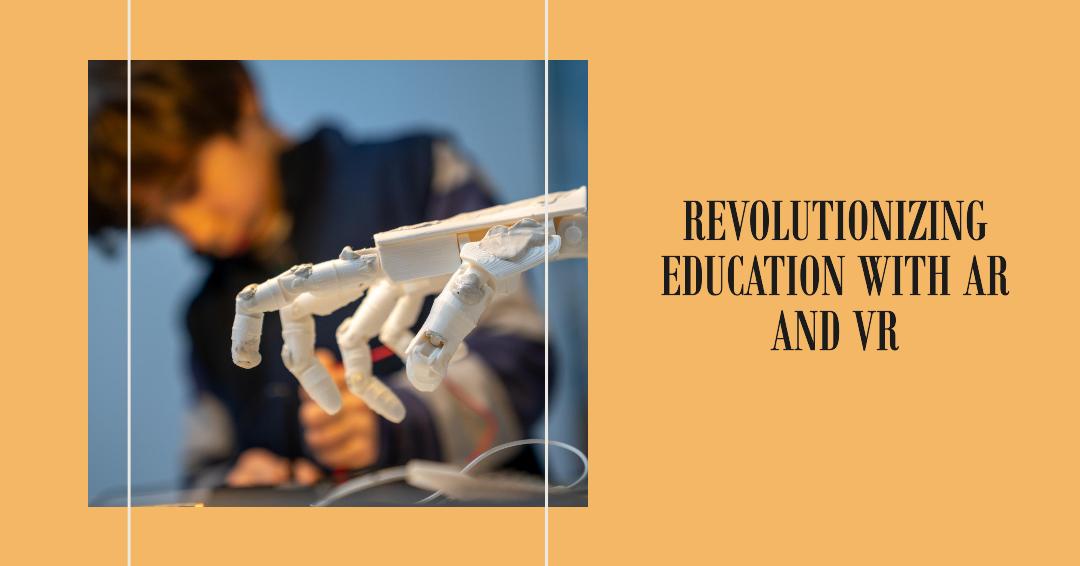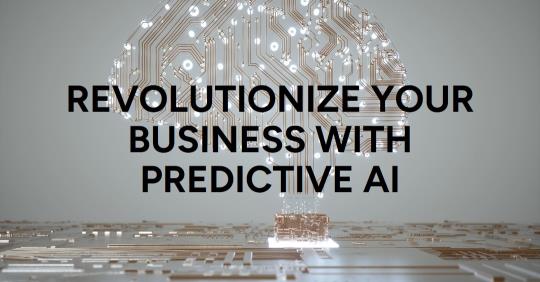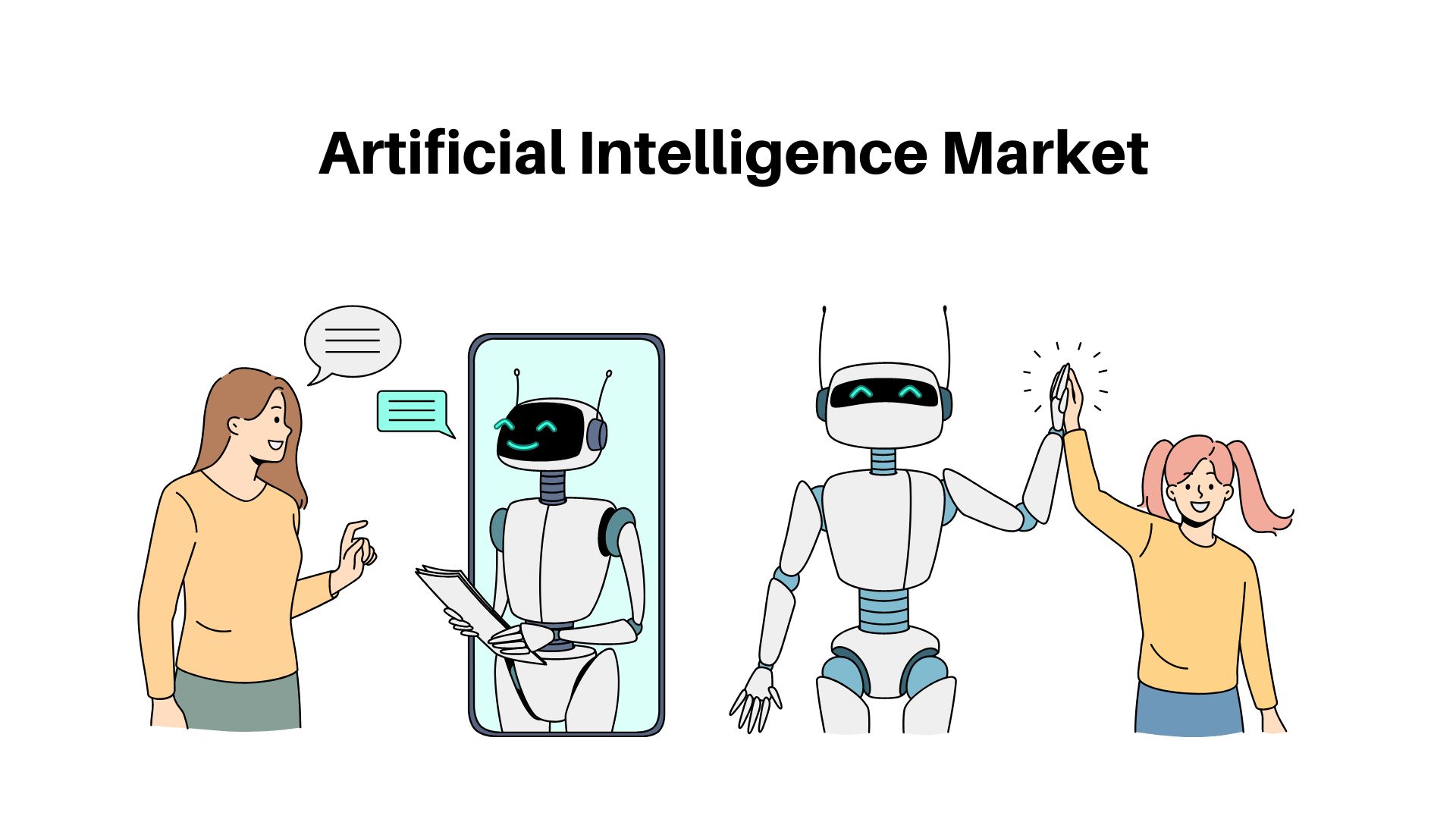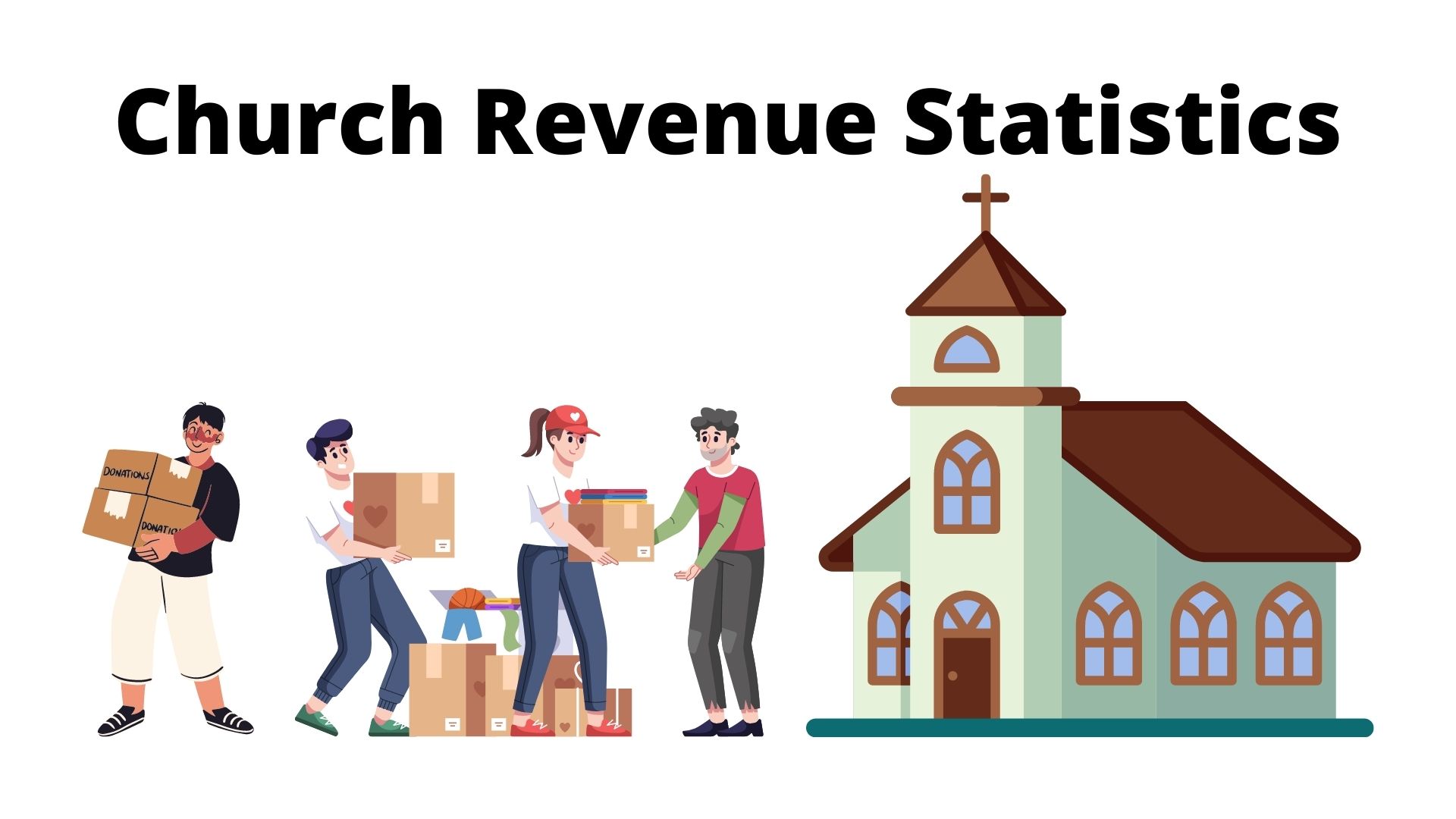Education ERP Market to Hit USD 57.4 Bn Globally, by 2032 at 14.7% CAGR
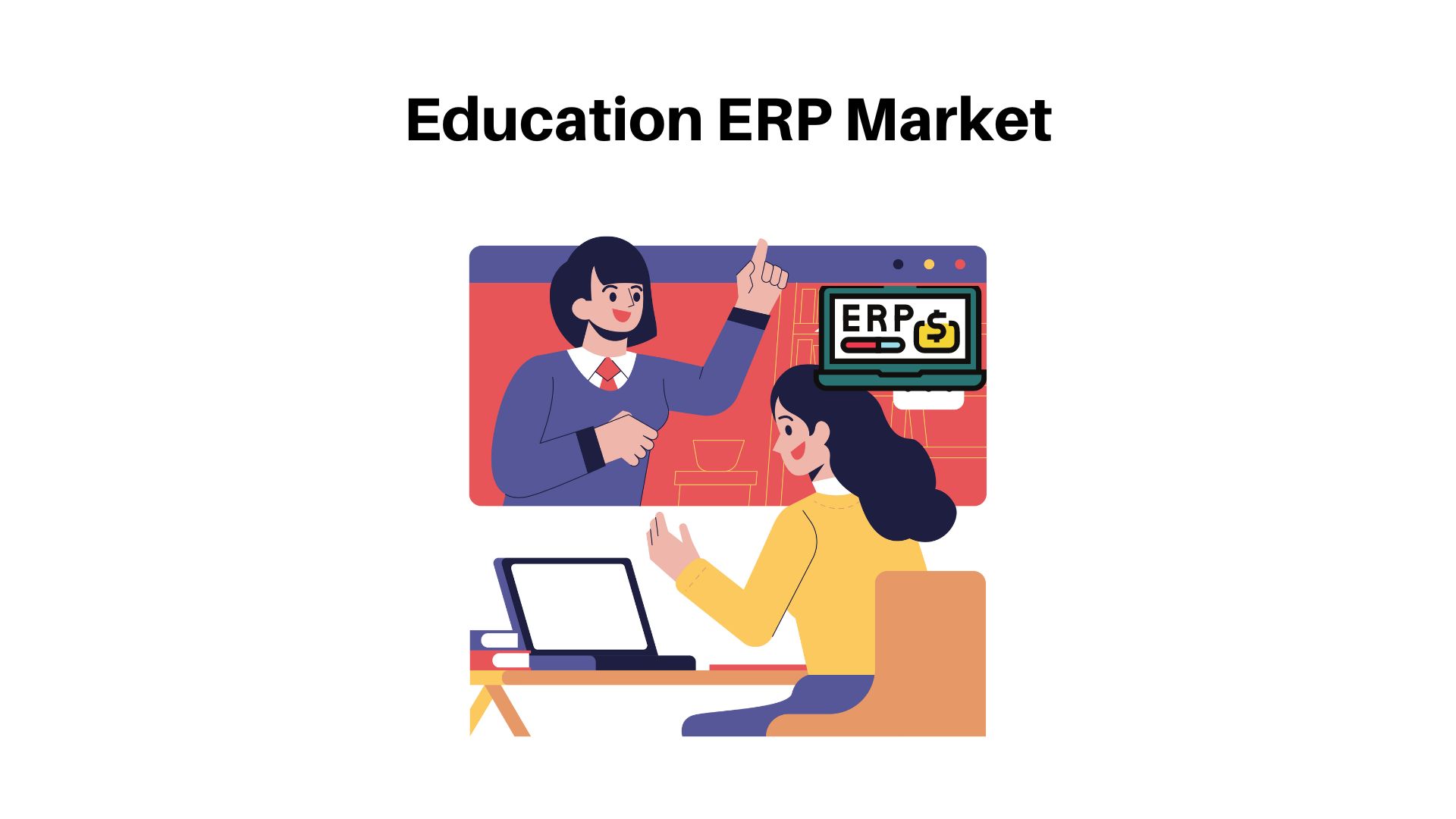
Page Contents
Market Overview
Published Via 11Press: The Education ERP (Enterprise Resource Planning) Market refers to the use of software solutions and platforms that are specifically designed for educational institutions. These systems typically integrate multiple functions, such as student information management, human resources, financial management, and other administrative tasks, into a single, unified system.
The Education ERP market has been growing rapidly in recent years, driven by a range of factors, including the increasing adoption of technology in education, the need for more efficient and streamlined administrative processes, and the growing demand for data-driven decision-making.
The Global Education ERP market size is forecast to reach USD 57.4 billion by 2032 from USD 14.6 billion in 2022, rising at a compound annual growth rate (CAGR) of 14.7% during the forecast period.
Some of the key players in the Education ERP market include companies such as Oracle, SAP, Ellucian, Jenzabar, and Workday, among others. These companies offer a range of solutions that are designed to meet the specific needs of different types of educational institutions, from K-12 schools to colleges and universities.
Key Takeaways
- The Education ERP market consists of software solutions and platforms tailored specifically for educational institutions, combining multiple functions into a unified system.
- The Education ERP market is being driven by several factors, such as the increasing adoption of technology in educational settings, the need for efficient and streamlined administrative processes, and an increasing preference for data-driven decision-making.
- The Education ERP market is dominated by companies such as Oracle, SAP, Ellucian, Jenzabar, and Workday, among others.
- These companies provide a selection of solutions tailored to the requirements of various educational institutions, from K-12 schools to colleges and universities.
- The Education ERP market is expected to experience steady growth over the coming years, driven by rising demands for digital transformation and efficient administrative processes in educational institutions.
- Education ERP systems offer many key advantages, such as improved communication and collaboration among staff and students, streamlined administrative procedures, efficient data management, and decision-making abilities based on real-time data.
Request For Sample Report: https://market.us/report/education-erp-market/request-sample/
Regional Snapshot
- North America: North America is the leading Education ERP market globally, due to the well-established education sector in both the US and Canada. The market is composed of several well-established players such as Oracle, SAP, Ellucian, and Workday.
- Europe: Europe is a major Education ERP market, driven by the increasing use of technology in education and the need for more efficient administrative processes. The sector is composed of several established players such as UNIT4, Capita, and Civica.
- Asia Pacific: The Asia Pacific Education ERP market is expected to experience rapid growth over the coming years due to the increasing adoption of technology in education and the demand for data-driven decision-making. This market is composed of numerous local and regional players such as Edunext Technologies, Edoxi, and Fekara.
- Latin America: The Latin America Education ERP market is driven by several local players such as TOTVS, SIEG, and Grupo Santillana. Analysts anticipate the market to expand steadily over the coming years due to the increasing adoption of technology in education.
- Middle East & Africa: The Middle East & Africa Education ERP market is forecast to experience rapid growth over the coming years due to increased investments in education and an increasing need for technology-enabled solutions. The market is composed of several local players such as Manarat Al Riyadh and ITG.
Drivers
- Increasing Adoption of Technology in Education: The education sector is increasingly adopting technology solutions to improve teaching and learning outcomes. Education ERP systems enable institutions to manage student data, automate administrative processes, and streamline communication, among other things.
- Need for Streamlined Administrative Processes: Educational institutions are under increasing pressure to streamline administrative processes and reduce costs. Education ERP systems can help institutions automate many administrative processes, such as student registration, attendance tracking, and billing, among others.
- Growing Demand for Data-Driven Decision-Making: Educational institutions are increasingly using data analytics to drive decision-making. Education ERP systems can help institutions collect, analyze, and visualize data to inform decision-making at all levels.
- Increasing Focus on Student Outcomes: Educational institutions are under increasing pressure to improve student outcomes, such as graduation rates, test scores, and employment rates. Education ERP systems can help institutions track and analyze student data to identify areas for improvement and implement interventions to improve outcomes.
- Need for Improved Communication and Collaboration: Educational institutions are increasingly focused on improving communication and collaboration among staff, students, and other stakeholders. Education ERP systems can help institutions streamline communication and collaboration, enabling more effective teaching and learning outcomes.
Restraints
- High Implementation and Maintenance Costs: Education ERP systems can be expensive to implement and maintain, particularly for smaller educational institutions with limited resources.
- Integration Challenges: Integrating an Education ERP system with existing systems can be a complex and time-consuming process. This can be a challenge for educational institutions with legacy systems or multiple systems in place.
- Data Security and Privacy Concerns: Educational institutions handle sensitive student and staff data, which raises concerns about data security and privacy. Implementing an Education ERP system requires a robust security and privacy framework to ensure data is protected.
- Resistance to Change: Some educational institutions may be resistant to change, particularly if they have been using traditional methods for a long time. Implementing an Education ERP system may require changes in processes and workflows, which could be met with resistance.
- Limited IT Infrastructure and Expertise: Educational institutions in some regions may have limited IT infrastructure and expertise to implement and manage Education ERP systems, which could limit their adoption.
- Regulatory Compliance: Educational institutions must comply with various regulations related to data privacy, financial reporting, and student information management. Education ERP systems must comply with these regulations, which could add complexity and cost to implementation and maintenance.
Opportunities
- Cloud-Based Solutions: Cloud-based Education ERP solutions are expected to see a meteoric rise in adoption over the coming years, thanks to their advantages of scalability, cost-effectiveness, and flexibility. This presents an opportunity for vendors of educational ERP software to offer cloud-based solutions tailored for educational institutions of all sizes.
- Artificial Intelligence and Machine Learning: The integration of artificial intelligence and machine learning into Education ERP systems offers educators a chance to automate routine tasks, enhance data analysis, and customize learning experiences for students.
- Mobile-First Solutions: As mobile device usage in education continues to rise, mobile-first Education ERP solutions can enable educational institutions to offer seamless access to student data, administrative processes, and learning resources from mobile devices.
- Integrating With Learning Management Systems (LMS): Integrating Education ERP systems with Learning Management Systems (LMS) allows educational institutions to offer students a more seamless and integrated learning experience, granting them access to academic records, resources, and course management tools all on one platform.
- Expansion into Emerging Markets: The Education ERP market presents vendors with an opportunity to expand into emerging regions such as Asia Pacific, Latin America, and the Middle East & Africa where there is a rising demand for technology-enabled solutions in education.
- Customization and Personalization: Educational institutions have unique needs and requirements, and Education ERP vendors can provide tailored solutions that address those requirements while providing personalized learning experiences for students.
Challenges
- Data Security and Privacy: Educational institutions handle sensitive student and staff data and ensuring data security and privacy is a critical challenge. Education ERP systems must have robust security measures in place to protect this data from cyber threats.
- Customization and Scalability: Educational institutions have diverse needs and requirements, and Education ERP systems must be customizable and scalable to meet these needs. However, customization and scalability can be challenging, particularly for small educational institutions with limited resources.
- Integration with Legacy Systems: Integrating Education ERP systems with legacy systems can be complex and time-consuming, and it can be challenging to ensure seamless data flow between systems.
- Lack of IT Infrastructure and Expertise: Educational institutions in some regions may have limited IT infrastructure and expertise, which can limit the adoption of Education ERP systems. Education ERP vendors must provide support and training to ensure successful implementation and use of their systems.
- Cost: Education ERP systems can be expensive to implement and maintain, particularly for small educational institutions. Vendors must offer cost-effective solutions that can meet the needs of educational institutions of all sizes.
- User Adoption: User adoption is a critical challenge for Education ERP systems. Users may resist change or find it difficult to learn new systems, which can impact the effectiveness and success of Education ERP systems.
Grow your profit margin with Market.us Get this Report
Recent Developments
- Integration with Learning Management Systems (LMS): Education ERP systems are increasingly being integrated with Learning Management Systems (LMS) to offer students a more unified and seamless learning experience. Through this integration, students can access academic records, learning resources, and course management tools on one platform.
- Cloud-Based Solutions: Cloud-based Education ERP solutions are becoming increasingly popular due to their scalability, adaptability, and cost efficiency. Many vendors of Educational ERP software now provide cloud-based solutions tailored to fit the needs of educational institutions of all sizes.
- Artificial Intelligence and Machine Learning: Education ERP systems are integrating artificial intelligence and machine learning to automate routine tasks, improve data analysis, and personalize learning experiences for students.
- Mobile-First Solutions: Mobile-first Education ERP solutions are becoming more and more commonplace as students and teachers increasingly utilize mobile devices in the classroom. These solutions enable educational institutions to provide easy access to student data, administrative processes, and learning resources from mobile devices.
- Expansion into Emerging Markets: Education ERP vendors are expanding into emerging markets such as Asia Pacific, Latin America, and the Middle East & Africa where there is an increasing demand for technology-enabled solutions in education.
- Increased Focus on Data Analytics: Education ERP systems are increasingly being utilized for data analytics, providing educational institutions with valuable insights into student performance, engagement, and outcomes. This data can be used to enhance teaching and learning practices as well as make data-driven decisions.
Key Market Segments
Type
- Solution
- Service
Application
- Kindergarten
- K-12
- Higher Education
Key Market Players
- SAP AG (Germany)
- Blackbaud (U.S.)
- Oracle Corporation (U.S.)
- Dell (U.S.)
- Epicor Software Corporation (U.S.)
- Ellucian (U.S.)
- Jenzabar (U.S.)
- Infor (U.S.)
- Unit4 Software (Netherlands)
- Foradian Technologies (India)
Nature Insights
Nature Insights is a publisher of scientific research, and as such does not offer market analysis or insights into specific industries or markets such as the Education ERP market. Research published in Nature and other scientific journals can be utilized by educators and educational institutions to inform their decisions regarding the use of technology in education, including Education ERP systems.
Research on the application of artificial intelligence and machine learning in education can inform the creation and implementation of Education ERP systems that take advantage of these technologies. Also, the research on mobile device usage in education can guide the creation of mobile-first Education ERP solutions. Overall, scientific research plays a crucial role in shaping technology adoption within educational settings – including within the Education ERP market.
Report Scope
| Report Attribute | Details |
| The market size value in 2022 | USD 14.6 Bn |
| Revenue forecast by 2032 | USD 57.4 Bn |
| Growth Rate | CAGR Of 14.7% |
| Regions Covered | North America, Europe, Asia Pacific, Latin America, and Middle East & Africa, and the Rest of the World |
| Historical Years | 2017-2022 |
| Base Year | 2022 |
| Estimated Year | 2023 |
| Short-Term Projection Year | 2028 |
| Long-Term Projected Year | 2032 |
Frequently Asked Questions
Q: What is an Education ERP system?
A: An Education ERP system is a software solution that enables educational institutions to manage and automate administrative and academic processes, including admissions, student information management, finance and accounting, human resources, and more.
Q: Why do educational institutions use Education ERP systems?
A: Educational institutions use Education ERP systems to improve efficiency, streamline administrative processes, and enhance the student experience. These systems enable educational institutions to manage administrative and academic processes more effectively, automate routine tasks, and provide a more personalized learning experience for students.
Q: What are some of the benefits of Education ERP systems?
A: Some of the benefits of Education ERP systems include improved efficiency, streamlined processes, reduced administrative costs, improved data accuracy, better decision-making, and enhanced student experience.
Q: What are some of the challenges of implementing Education ERP systems?
A: Some of the challenges of implementing Education ERP systems include data security and privacy, customization, and scalability, integration with legacy systems, lack of IT infrastructure and expertise, cost, and user adoption.
Q: What are some of the recent developments in the Education ERP market?
A: Some of the recent developments in the Education ERP market include integration with Learning Management Systems (LMS), cloud-based solutions, artificial intelligence and machine learning, mobile-first solutions, expansion into emerging markets, and increased focus on data analytics.
Q: How can educational institutions choose the right Education ERP system?
A: Educational institutions should consider several factors when choosing an Education ERP system, including the institution's needs and requirements, the vendor's experience and reputation, the system's features and functionality, data security and privacy, customization, and scalability, and cost. Educational institutions should also conduct thorough research and request demos and references before selecting a system.
The team behind market.us, marketresearch.biz, market.biz and more. Our purpose is to keep our customers ahead of the game with regard to the markets. They may fluctuate up or down, but we will help you to stay ahead of the curve in these market fluctuations. Our consistent growth and ability to deliver in-depth analyses and market insight has engaged genuine market players. They have faith in us to offer the data and information they require to make balanced and decisive marketing decisions.
